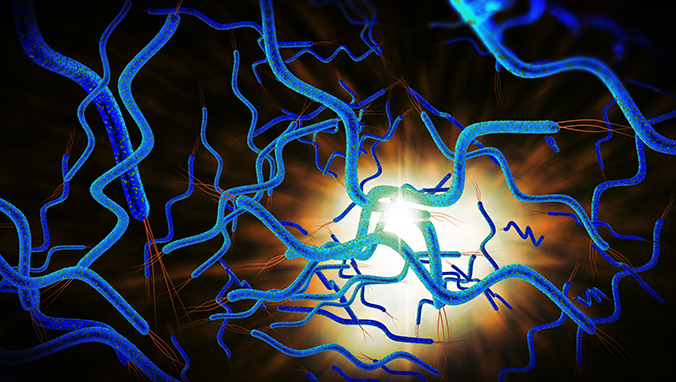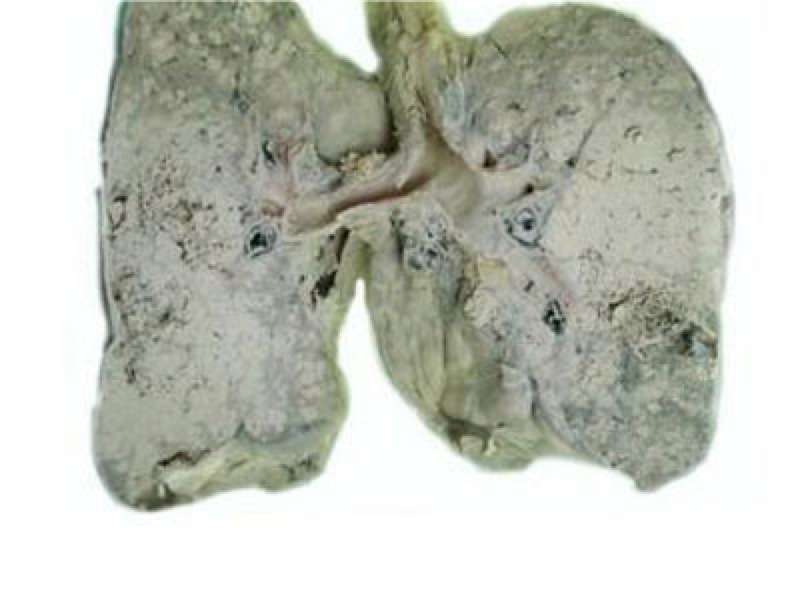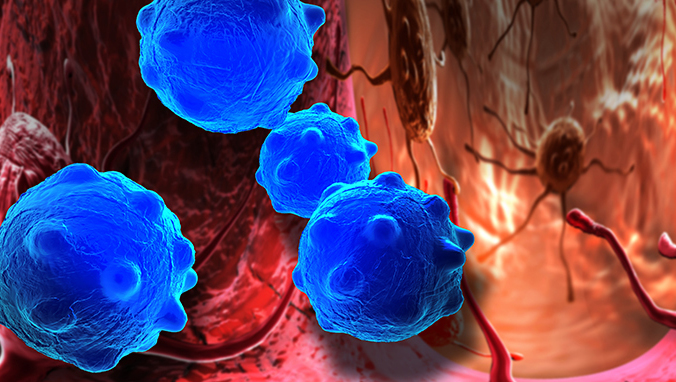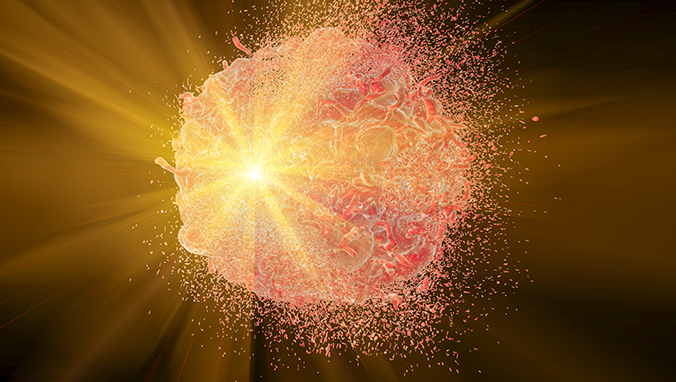What is heart cancer?
Psychological carcinogenesis refers to the bad emotions that have an inhibitory effect on the body''s immune function, thereby affecting the immune system''s ability to recognize and eliminate cancer cells and develop cancer. Psychological and psychological factors can not directly cause cancer, but it often affects and reduces the body''s immunity with a chronic and continuous stimulation, increasing the incidence of cancer. 
Heart cancer is a type of malignant heart tumor, extremely rare, mostly secondary tumors, mainly including malignant hemangioendothelioma, rhabdomyosarcoma, malignant mesothelioma, fibrosarcoma and so on.
Heart cancer is another name for malignant tumor of heart. Heart tumors can be divided into mucosal tumors, rhabdomyosarcoma, and fibroids. Among primary heart tumors, 72% is benign, 28% is malignant, and cardiac malignant tumors can include malignant hemangioendothelioma, rhabdomyosarcoma, Malignant mesothelioma, fibrosarcoma, etc.
Malignant heart tumors are mostly secondary heart tumors, and tumors that originate in other tissues and organs outside the heart (commonly occurring in the lung, breast, blood, and skin) infiltrate and spread to the heart.
Heart cancer can produce a wide range of non-cardiac systemic manifestations: fever, cachexia, general malaise, arthralgia, Raynaud''s phenomenon, rashes, clubbing fingers, erratic behavior, systemic and pulmonary embolism. Laboratory tests may include hyperproteinemia, accelerated erythrocyte sedimentation rate, anemia or hyperemia, increased or decreased platelets, and leukocytosis. These manifestations of cardiac tumors may be related to tumor products, tumor necrosis, or immune response.
Clinical manifestations of embolism caused by tumor surface debris or thrombus shedding. The distribution of embolism depends on whether there is blood shunt in the tumor site and in the heart. Tumor thrombi from the left heart can produce systemic arterial embolism. Visceral embolism can cause infarction, bleeding and hemangioma of various organs.
Central nervous system embolism can cause transient ischemic attack, cerebral infarction, epilepsy, fainting. Arterial embolism of the limbs causes ischemic damage to the tissue supplied by the artery. Pulmonary embolism can occur in right heart tumors and the left heart tumors near the blood shunt from left to right. Repeated pulmonary embolism can cause pulmonary hypertension and even pulmonary heart disease.
Right atrium and right ventricle tumors can cause right atrium or right ventricular hypertension by obstructing blood flow through the tricuspid valve and pulmonary valve, and can form right to left through the oval foramen or atrial septal defect Shunt, causing hypoxia throughout the body, cyanosis and clubbing fingers.
The symptoms and signs caused by the tumor itself may include chest pain, fainting, congestive left and/or right heart failure, stenosis or insufficiency of the valve, arrhythmia, conduction disorders, intracardiac shunt, contraction Narrow pericarditis, bloody pericardial effusion or pericardial tamponade.
Because the cardiac manifestations are often non-specific, and may be very slight or even lacking, the systemic manifestations of cardiac tumors can sometimes be misdiagnosed as connective tissue vascular lesions, infections, or non-cardiac malignancies. The specific signs and symptoms of heart tumors are usually related to their anatomical location and histological type.
Related Articles

- Early symptoms of lung cancer
- 2020-12-17

- Early Signs of Bladder Cancer
- What are the early symptoms of bladder cancer?
- 2020-12-17

- First-line chemotherapy for squamous cell carcinoma
- Squamous cell carcinoma is abbreviated as squamous cell carcinoma, also known as epidermal carcinoma. It is a malignant tumor that occurs in epidermal or accessory organ cells. Cancer cells
- 2020-08-02

- Is the second-grade clear kidney cancer living up to 5 years?
- Nuclear grading is an important prognostic factor for renal clear cell carcinoma and has been included in the WHO classification. Currently, a four-level grading system is generally used. T
- 2020-08-02

- Is metastatic carcinoma easy to metastasize
- Once the cancer has metastasized, it will be very difficult to cure, because many people have lost their lives because of the emergence of cancer, so most people think that cancer is an un
- 2020-08-02

- What does microinfiltrating adenocarcinoma mean?
- Microinfiltrating adenocarcinoma is a type of lung cancer. The reason why it is called microinfiltration means that there is less infiltration around it, which means that it is in the early
- 2020-08-01
